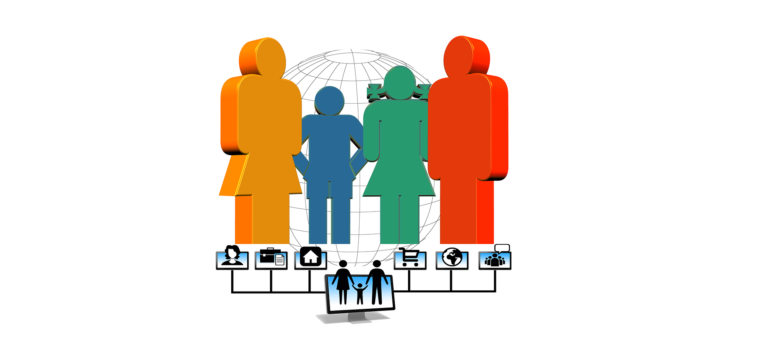If you’re just getting started in the world of business applications, you may feel overwhelmed by all the information about SAP that’s out there. There are lots of terms and acronyms to learn and decisions to make, and it’s hard to know where to start. That’s why we created this guide to help businesses like yours get started with SAP. Our team of consultants and developers will work with you to find an approach that makes sense given your goals, and they can help you meet them at the best possible price point.
What is SAP?
SAP is a software system used by a wide range of companies around the world. It’s also what makes it possible for FAIRFAX and other business technology companies to deliver innovative solutions, like our Quick cashier payments software and Quick Authorise partner system. Understanding just how complex, flexible, and powerful a tool SAP can mean making your own investment in researching it firsthand – which is why we have put together a few facts about its history and capabilities you might not know
The History of FAIRFAX Software Solutions
An SMB Solution provider based in Sydney, Australia with a long and established history in assisting clients in meeting their business needs. FAIRFAX brings together over 25 years of experience across all facets of SAP consulting as well as Microsoft technologies and CRM implementations. With a hands-on approach focusing on customer satisfaction, timely delivery, and quality work we strive to be your trusted solution partner.
Fairfax services include;
- SAP implementation/upgrade support (including quick modules)
- Data migration and integration, testing environments
- Custom development using ABAP / 4GL or Java (or any other technology)
- Enhancements of existing systems or code optimization.
Fairfax also provides IT services including Desktop Virtualisation and Management (SCCM/MDT), Network Infrastructure, Server Administration, and customized PC builds for businesses large or small.
Fairfax software solutions features
Fairfax is a supplier of software solutions for Information Technology companies and has three key features: on-site, training, and expertise. Learn about these features and how they can improve your business processes by visiting FAIRFAX Software Solutions website. See what kinds of companies already use their services! Read customer reviews, including those from Fortune 500 companies! Fairfax provides software solutions that help IT businesses increase profits while improving efficiency in employee performance and customer service. Use Quick Tags to access information from anywhere you want.

Who Uses an ERP?
Any business will probably have a need for an ERP at some point. Every enterprise-level operation needs a strong system that can scale with it and keep on top of its operations, finances, payroll, and more. Finding one that suits your needs (for example, one you can use in an accounting department), is easy if you know where to look.
Microsoft SQL database servers are popular for providing reliable back-end services for online applications. But do you know why? Understanding how each piece works together is key to building any business, especially if it involves complex software like Quick Payments or Quick MV, a Fairfax company.
Common ERP Features
FAIRFAX Software Solutions have found that employing an ERP system for their businesses has been advantageous in many ways. An ERP can help you increase your productivity and streamline repetitive tasks by automating them, saving you time as well as improving accuracy. It also gives you greater visibility over data and allows you to track KPIs easily while helping manage risk better.
With a single source of truth in your company’s information, it can help improve collaboration among various teams. We would be happy to walk through some of these benefits with you and make a recommendation on how best to use ERP software for your business needs.
Common ERP Advantages
Not all organizations need a standard enterprise software system, and some may find that they need different pieces of software. For example, a small retailer might use QuickBooks for accounting and a solution like NetSuite or Salesforce for their CRM needs. On top of that, it’s not always feasible for an organization to use an on-premises (on their own servers) solution for cost or technical reasons; in such cases, SaaS options may be more appropriate. Choosing ERP based solely on its limitations can have long-term repercussions and detract from business success. It’s important to understand when you should choose standard software systems over specialized solutions or cloud offerings.
Common ERP Disadvantages
Despite what you may hear, there are a number of disadvantages with ERP systems that must be considered when making your purchase decision. For example, many companies report poor interoperability between disparate modules within an ERP suite or poor vendor support for installed software. You also want to make sure that you are ready for enterprise-level software—SAP is not for everyone. Many companies start off small and do not need a large and expensive solution until they grow into it; business owners considering SAP should consider buying only what they absolutely need today, as building out an entire system can become financially burdensome over time.








